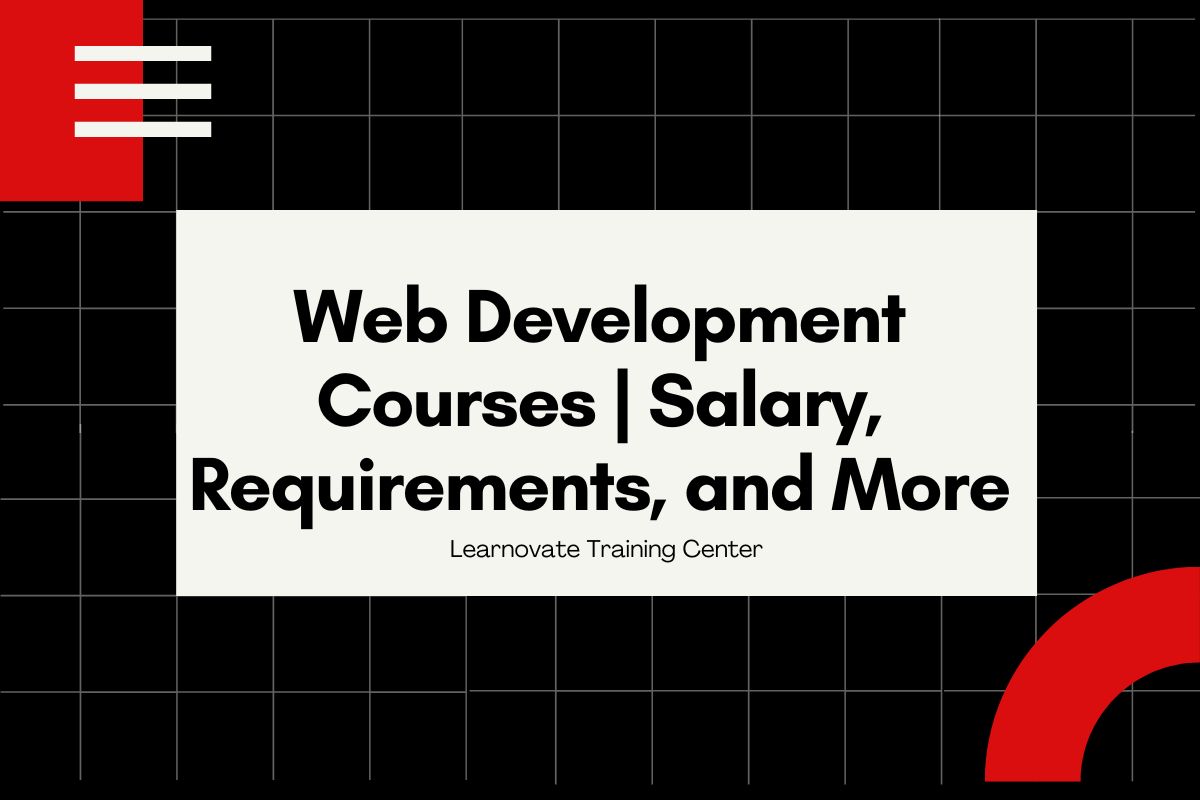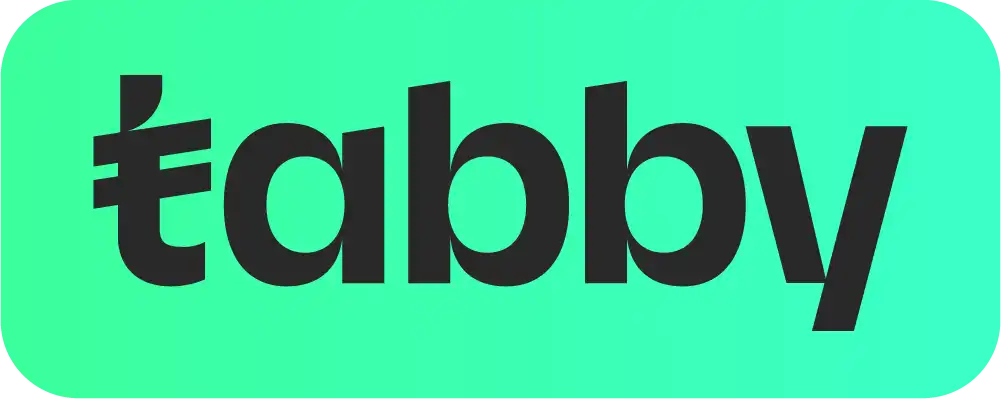In today’s digital-first world, websites are the cornerstone of every successful business. Whether it’s a small startup or a multinational corporation, an impactful online presence is non-negotiable. This surge in demand for high-quality websites has made web development one of the most sought-after skills globally—and Dubai, with its booming tech scene, is at the forefront of this trend.
However, many aspiring developers need help finding the right training that meets their career goals. Questions like, “Which course should I choose?”, “What skills are required?”, and “How much can I earn?” often cloud their journey toward becoming a web developer. Without clear guidance, these uncertainties can lead to missed opportunities in Dubai’s thriving job market.
This article is your ultimate guide to web development courses in Dubai. From understanding the types of courses available, such as front-end, back-end, and MERN stack development, to exploring salary prospects and career opportunities, we’ve got you covered. By the end, you’ll have a clear roadmap to kickstart or elevate your web development career in Dubai.
Web Development Courses in Dubai
1. Frontend Web Development
Frontend development focuses on the visible part of a website that users interact with. Developers use languages like HTML, CSS, and JavaScript to create layouts, colors, fonts, and responsive designs. It ensures the website looks good and works smoothly on different devices. Frameworks like React.js and Bootstrap are often used to enhance functionality. Frontend developers play a key role in creating user-friendly and visually appealing websites.
2. Back-end Web Development
Back-end development manages the server side of websites. It handles data storage, retrieval, and communication between the user interface and the database. Common backend technologies include Node.js, PHP, Python, and Java. Back-end developers ensure that websites function properly, process user requests, and securely store information. This role requires working with databases like MySQL or MongoDB and managing servers for seamless performance.
3. Full Stack Web Development
Full-stack developers handle both front-end and back-end tasks, making them versatile professionals. They build complete websites or applications using user interfaces and server-side functionalities. Full-stack development involves using languages like HTML, CSS, JavaScript, Node.js, and databases like MongoDB. Full-stack developers are highly valued for their ability to manage all aspects of web development projects independently.
4. MERN Stack Development
The MERN stack stands for MongoDB, Express.js, React.js, and Node.js. It’s a popular framework for building full-stack applications. MongoDB handles the database, Express.js manages the server, React.js creates the front end, and Node.js handles the back end. MERN stack developers can efficiently build modern, dynamic, and scalable web applications using JavaScript across all components.
5. WordPress Development
WordPress is a popular platform for creating websites without deep coding knowledge. Developers use it to build blogs, business sites, and e-commerce stores. It offers pre-built themes, plugins, and a user-friendly interface for customization. WordPress development involves HTML, CSS, PHP, and JavaScript for advanced features. It’s ideal for small to medium-scale projects that require quick deployment.
6. React.js Development
React.js is a JavaScript library used for building dynamic and responsive user interfaces. It allows developers to create reusable UI components, making code management efficient. React.js is ideal for creating interactive websites, dashboards, and single-page applications. Its features, like a virtual DOM and strong community support, make it a favorite among front-end developers.
7. Node.js Development
Node.js is a JavaScript runtime used for backend development. It enables developers to build fast, scalable, and real-time applications. Node.js works efficiently with APIs, servers, and databases, making it perfect for applications like chat systems, gaming platforms, and streaming services. Its non-blocking, event-driven architecture ensures high performance and flexibility.
Requirements for Pursuing Web Development in Dubai
1. Educational Background
Although a degree in computer science or related fields is beneficial, it is not mandatory. Many professionals enter the field with certifications or self-taught skills.
2. Technical Skills
To excel in web development, one must master:
- Programming Languages: Proficiency in HTML, CSS, and JavaScript is essential.
- Responsive Design: Ability to create websites compatible with various devices.
- SEO Knowledge: Understanding how to optimize websites for search engines.
- Problem-Solving Skills: Ability to debug and resolve coding issues.
3. Non-Technical Skills
- Communication: Essential for understanding client requirements and team collaboration.
- Creativity: Key to designing intuitive and visually appealing websites.
- Time Management: Critical for meeting project deadlines.
4. Tools and Software Knowledge
- IDE Tools: VS Code, Sublime Text, or IntelliJ IDEA for coding.
- Graphics Tools: Adobe XD, Figma, or Sketch for UI/UX design.
- Testing Tools: Selenium and JMeter for ensuring performance.
Job & Salary Prospects for Web Developers in Dubai
Frontend Web Development
Frontend developers in Dubai earn AED 6,000–12,000/month at entry-level and up to AED 18,000/month with experience. Their skills in creating interactive and visually appealing websites are in high demand across industries like e-commerce and digital marketing.
Backend Web Development
Backend developers can expect salaries ranging from AED 8,000–15,000/month for entry-level roles to AED 20,000/month for experienced professionals. Their expertise in managing databases, servers, and APIs is essential for businesses needing scalable web applications.
Full Stack Web Development
Full-stack developers earn between AED 10,000–18,000/month as beginners, reaching up to AED 25,000/month with advanced skills. Their ability to handle both frontend and backend tasks makes them versatile and highly sought-after.
MERN Stack Development
MERN stack developers typically earn AED 10,000–20,000/month, with higher salaries for those proficient in building scalable and modern web applications using MongoDB, Express.js, React.js, and Node.js.
WordPress Development
WordPress developers earn AED 5,000–10,000/month at entry-level, with experienced professionals earning up to AED 15,000/month. Their role is crucial for small businesses and startups seeking cost-effective website solutions.
React.js Development
React.js developers earn between AED 8,000–15,000/month, with advanced roles offering up to AED 20,000/month. Their skills in creating dynamic and user-friendly interfaces are highly valued in Dubai’s tech-driven market.
Node.js Development
Node.js developers earn AED 9,000–16,000/month as entry-level professionals, with salaries reaching AED 22,000/month for senior roles. Their expertise in building fast and real-time server-side applications is a significant asset for tech companies.
Why Choose Dubai for Web Development?
High Salaries
Web developers in Dubai earn competitive salaries, with opportunities to work on cutting-edge projects for global companies and innovative startups.
Growing Tech Industry
Dubai is a global tech hub, with rapid advancements in digital transformation and smart city initiatives. Its growing e-commerce and startup ecosystem create a high demand for skilled web developers.
World-Class Education
Dubai offers top-notch web development courses through renowned institutes and online platforms, providing industry-relevant skills and certifications.
Networking Opportunities
Dubai hosts tech events, hackathons, and meetups, allowing web developers to connect with industry leaders and stay updated with trends.
Diverse Work Environment
Professionals in Dubai work in multicultural teams, gaining global exposure and experience in handling international projects.
Conclusion
Dubai offers an exciting and rewarding environment for web developers. With its booming tech industry, attractive salaries, and world-class educational opportunities, it’s an ideal destination to kickstart or advance your web development career. Whether you’re interested in frontend, backend, or full-stack development, Dubai provides ample opportunities to learn, grow, and connect with top professionals in the field. By choosing the right course and gaining the necessary skills, you can take full advantage of the thriving web development job market in this dynamic city.
Looking for your dream job as a web developer in Dubai? Join our web development courses today.














